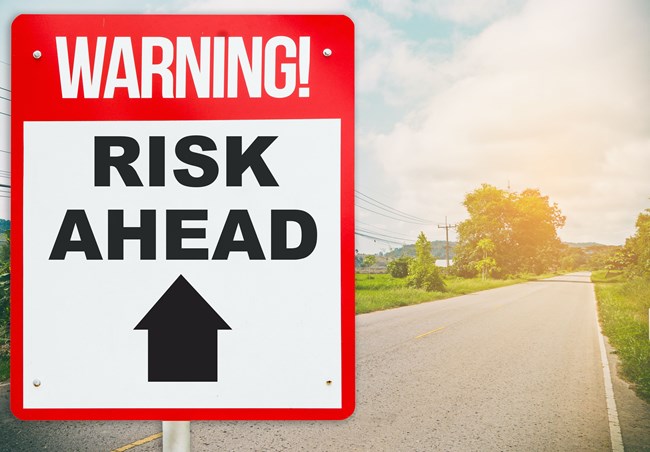We use cookies to ensure that we give you the best experience on our website. If you continue without changing your settings, we will assume that you are happy to receive all cookies on the Business Car website. However, if you would like to, you can change your cookies at any time

The start point for the best source of fleet information |
Caution advised over stats-based fleet safety arguments
Date: 28 March 2024 | Author: Sean Keywood

Fleets should be wary of relying too much on statistics in their attempts to encourage safer driving, it has been said.
Speaking at a National Highways safety conference entitled "Vehicles don't crash - people do', Saul Jeavons, director of The Transafe Network, explained the limitations of attempting to base a road safety argument purely on numbers.
Urging people to consider 'the power of the story' over 'the power of the stats', he said: "If you're communicating a message to people, the fact that five people a day die on the roads is terrible. But 15 a day die from suicide. At the height of Covid the news was telling us every day that 2,000 people had died with Covid.
"About 25 years ago, the RAC asked people how many road deaths they thought there were in a year, and the average answer was 8,500, at a time when they were running at about 3,500. So, if you told people it was 3,500 they'd say 'Oh, that's not as bad as I thought actually, I'll drive a little bit faster'.
"So, engage with the emotion, but be cautious about using stats and numbers - it tells a story in some forms but not in others."
During the conference, Jeavons was also asked about why there was not more of a safety focus on grey fleet, and replied that essentially this was down to difficulty and awkwardness.
He said: "I used to work with a company which said 'We will not allow anyone to use their car for work unless it meets all of these standards, including five stars Euro NCAP', and because of the safety culture in the company, most people accepted it, and those who didn't were told you've either got to get a lift with a colleague or have a hire car. And over a period of time they replaced their cars.
"So, it's doable, but it kind of feels a bit awkward, because it's your car that's part of your life. Who are the company to tell you?
"Well, the company are the people who actually, if you go out and kill someone in that or kill yourself in that [while driving for work], then that is the company's responsibility. You wouldn't let someone bring in their own drill or whatever without at least pack testing it, and making sure it complied with whatever your standard for that was, and so you must apply the same thing [to grey fleet].
"The fact it's a car shouldn't make any difference, but the reason people don't do it is because it kind of feels a bit awkward."
Jeavons also emphasised the role corporate leaders can play in helping to create the right safety culture, through leading by example.
He said: "BP decided 20 years ago that you weren't going to be able to drive a vehicle for BP unless it met minimum standards, and the guy who became global head of logistics, who hadn't been driving for work until that point, has a lovely collection of vintage Mercedes.
"He's not allowed to drive them for work, and rather than doing what some leaders would do and try to get themselves exempt from the standard because they're the boss, he said 'That's fine, I'm happy to just use hire cars when it's for work'. It's about leading by example."
This point about corporate leaders was echoed by another speaker at the event, Network Rail chief health and safety officer Rupert Lown.
He said: "When we started to bring [van] telematics in we consulted with our trade unions, and they said 'What about executives who have company cars, does this apply [to them]?', and we went 'Yes, absolutely', and it changed the whole piece.
"If you have a company car for Network Rail, they all get fitted with telematics, they all get fitted with a speed limiter, exactly the same as with our vans, and everyone is treated the same."











